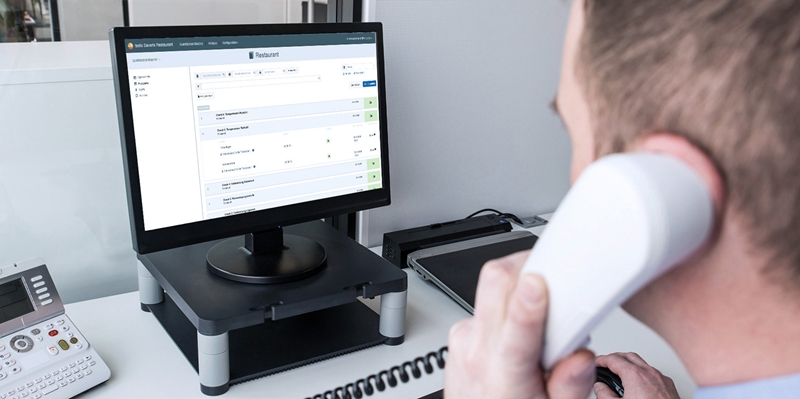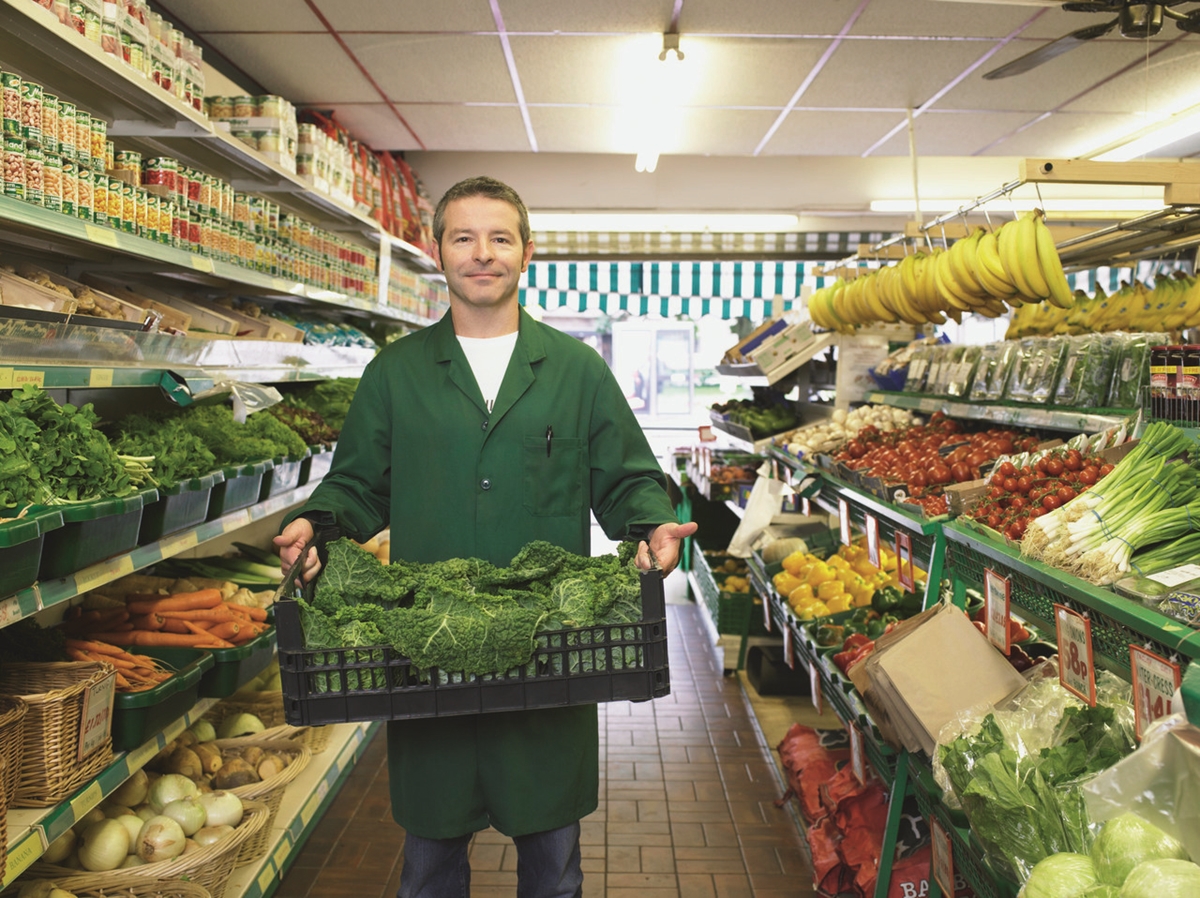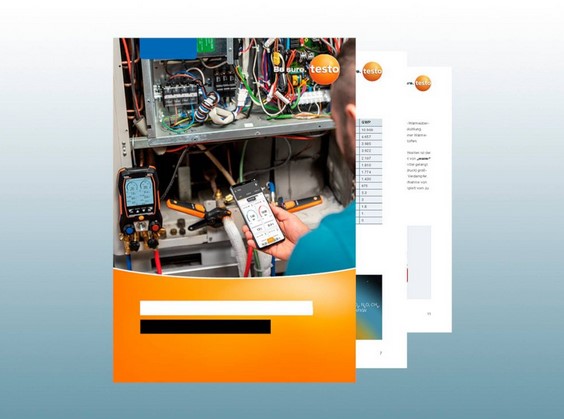If all the letters, footnotes and asterisks found in menus can teach us one thing, it's that consumers are more aware of what they're eating now more than ever before.
The rise in popularity of vegetarian and vegan diets is no anomaly. One reason is that people want to know exactly what they're eating, and this means there's a greater importance placed on the condition of said food – processed and packaged meals just won't cut it. The end result is forcing some grocery stores to take another look at how they manage the quality of their inventory.
Following the trend
Australia's vegan sector is currently valued at $136 million, though by 2020 it's expected to reach $215 million, according to the Sydney Morning Herald. That increase is good enough to label the country the third-fastest growing market in the world.

This change in the population's eating habits means retail food chains will not only have to stock more inventory of produce and vegan items, but maintain high standards as well. Quality control pose a potential issue for grocers though, and fresh foods already account on average for 40 per cent of revenue, McKinsey & Company reported. Increased interest in the products will only create more challenges.
New solution
You can't change consumer trends – you can only become better prepared. Intuitive grocery store chains have started to emphasise better quality management for produce and other foods through platforms like the testo Saveris Retail solution. Digitising the process removes the risk of employees overlooking key product control steps and helps ensure high standards become the status quo, rather than a lofty goal.
In short, the testo Saveris Retail platform leans on technology like handheld measuring instruments and temperature data loggers to provide an all-encompassing view of food quality. This information intertwines with software that hosts the store's unique guidelines, and notifies staff if parameters cross certain thresholds. This allows for a quick response time to save the majority of the inventory if environmental conditions aren't meeting local code.
By implementing a system that improves transparency and provides objective – rather than subjective – food quality standards, grocery chains can keep up with the increased volume in fresh produce without compromising on quality. Ultimately, the pristine standards become a useful marketing tool and forge better customer relationships.
Don't wait for this trend to continue, contact a Testo representative today to learn more about the testo Saveris Retail solution.









 Reduce cooking oil costs while ensuring quality
Reduce cooking oil costs while ensuring quality Expert knowledge on CO2 monitoring
Expert knowledge on CO2 monitoring Refrigeration knowledge - in 3 modules
Refrigeration knowledge - in 3 modules



